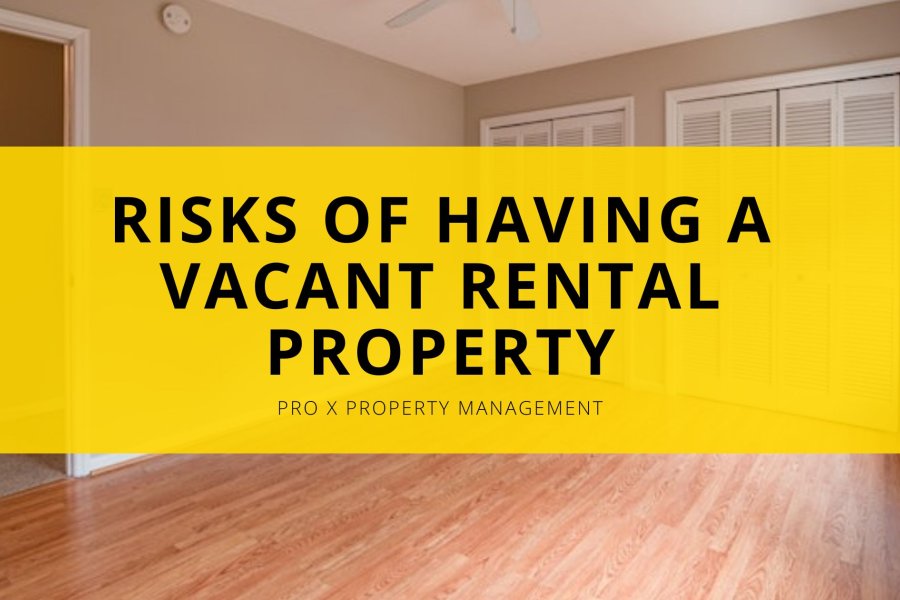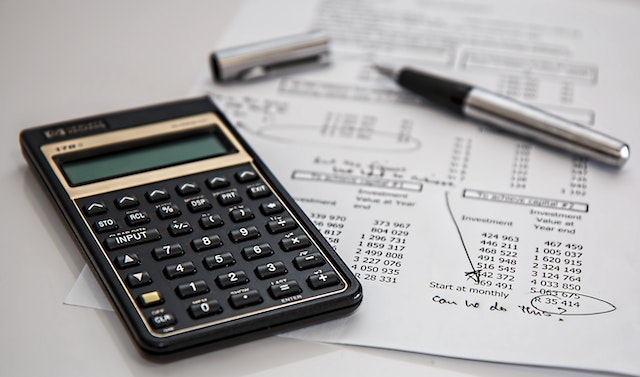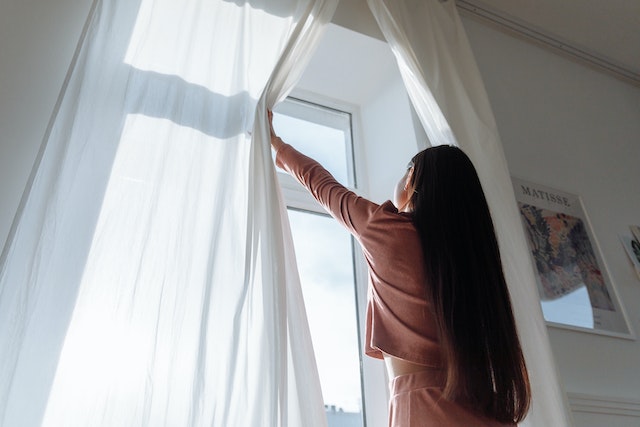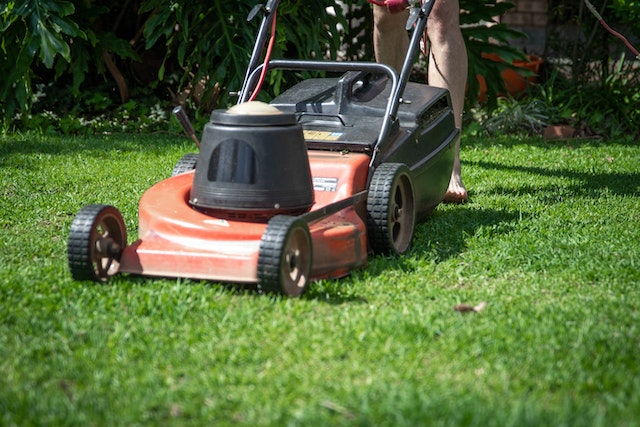
One risk that landlords face is having a property remain vacant for an extended period of time. A vacant rental property usually means a loss of income, and it leaves the unit vulnerable to various potential hazards.
As a landlord, it's crucial to understand and mitigate these hazards to protect your investment. In this article, we'll explore the risks of having a vacant rental property and offer practical tips on preventing and handling these situations.
Keep reading to discover what precautions landlords should take when their rental units are unoccupied.
Financial Risks
Loss of Rental Income
When a rental property remains vacant, landlords not only miss out on income, but may also be liable for any payments due during the vacancy period.
Increases in Maintenance Costs
Landlords have to continue paying for the unit’s upkeep and repairs, such as landscaping and minor fixes, even if the property is vacant.
If the property remains empty for an extended period of time without regular upkeep, it may require more extensive repairs to bring it back up to marketable condition. These costs can add up quickly and may take away from the profit margin.
Property Taxes and Insurance
Property taxes, typically paid annually or semi-annually, must still be paid if a rental property is vacant. In addition, any insurance policies for the property should be kept in place to protect against potential liability or damages.

Security Risks
Increased Risk of Theft and Vandalism
As there might be limited supervision or monitoring of the premises, vacant properties are particularly vulnerable to theft and vandalism.
It’s thus important to conduct regular checks on the property’s condition to make sure any potential theft or vandalism doesn’t go unnoticed, and deter trespassers from approaching your rental property.
Squatting and Trespassing
Vacant properties are also vulnerable to squatters and trespassers, who may seek to enter or inhabit the property without permission. Such individuals could cause damage to the rental unit, disturb the neighbors, and/or create legal complications for the landlord.
Protecting against these risks by ensuring the property is secured and monitored regularly is essential.
Health and Safety Risks
Pest Infestations
If a rental unit isn’t adequately protected or supervised, pests such as mice and cockroaches may move into the space. Since pests can cause damages and health issues, it’s important to take preventative measures against infestations and act quickly if pests gain access to the property.
Mold and Mildew Growth
When a property is left vacant, changes to the space and ventilation may cause the humidity to increase considerably. To prevent mold and mildew from developing under such conditions, it’s important to perform regular property checks and adequately air out the unit.

Safety Hazards
Vacant properties are also vulnerable to safety hazards such as fires. Avoid these kinds of damages by implementing modern safety features when possible and inspecting house systems and wiring regularly.
Tips to Minimize the Risks of Having a Vacant Property
Here are some tips to help you minimize the risks of having a vacant rental property:
Regular Property Inspections
Inspect your rental property regularly to keep it secure and ensure that no damages have occurred in its vacant state. Make sure to take pictures of the property's condition during each visit for record-keeping purposes.
Increased Security Measures
Take additional precautions when leaving a rental unit vacant by adding extra layers of security, such as motion sensor lighting, window locks, and security systems.
Utilizing Property Management Services
Hiring a professional property management company can help minimize the risks associated with vacant rental properties by providing additional staff to inspect the property and respond to any issues.
Creative Marketing Strategies
Utilize creative marketing strategies to reduce the time your rental unit is vacant, including advertising on multiple platforms and offering incentives for early move-ins.
Consider Rent Reduction
Consider reducing the rent for a limited period of time to attract tenants quickly and minimize the risk of leaving the unit vacant.
Regular Maintenance and Upkeep
Make sure to perform regular maintenance and upkeep, such as mowing the lawn, trimming trees and bushes, and making minor repairs. This will help ensure that your rental unit is attractive to potential tenants.

By following these tips, landlords can reduce the risks associated with vacant rental properties and protect their investments.
Landlords should also stay informed about local and state laws concerning tenant rights and landlord responsibilities to avoid any legal consequences that may arise from leaving a property vacant for an extended period of time.
In a Nutshell
Leaving a rental property vacant can be risky, as it makes it vulnerable to health and safety hazards. To minimize these risks, landlords should take precautions such as performing regular inspections, adding increased security measures, and hiring a professional property management company.
By following these tips and staying informed about local and state laws, landlords can keep their rental property safe and secure while it is vacant.
If you need help managing your vacant rental property, consider hiring Pro X Property Management. Our experienced professionals can help ensure your property is secure and monitored regularly to minimize any potential risks. Contact us today to learn more about how we can help protect your investment!
